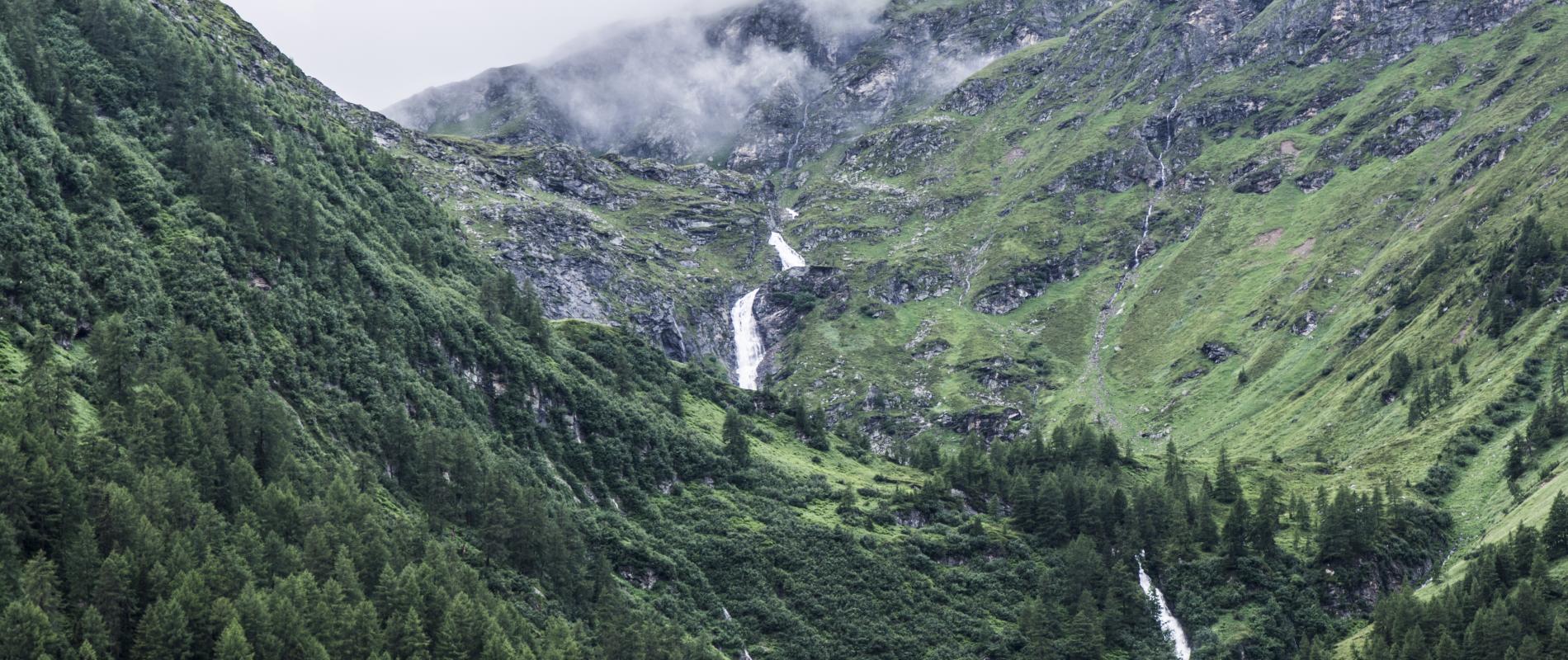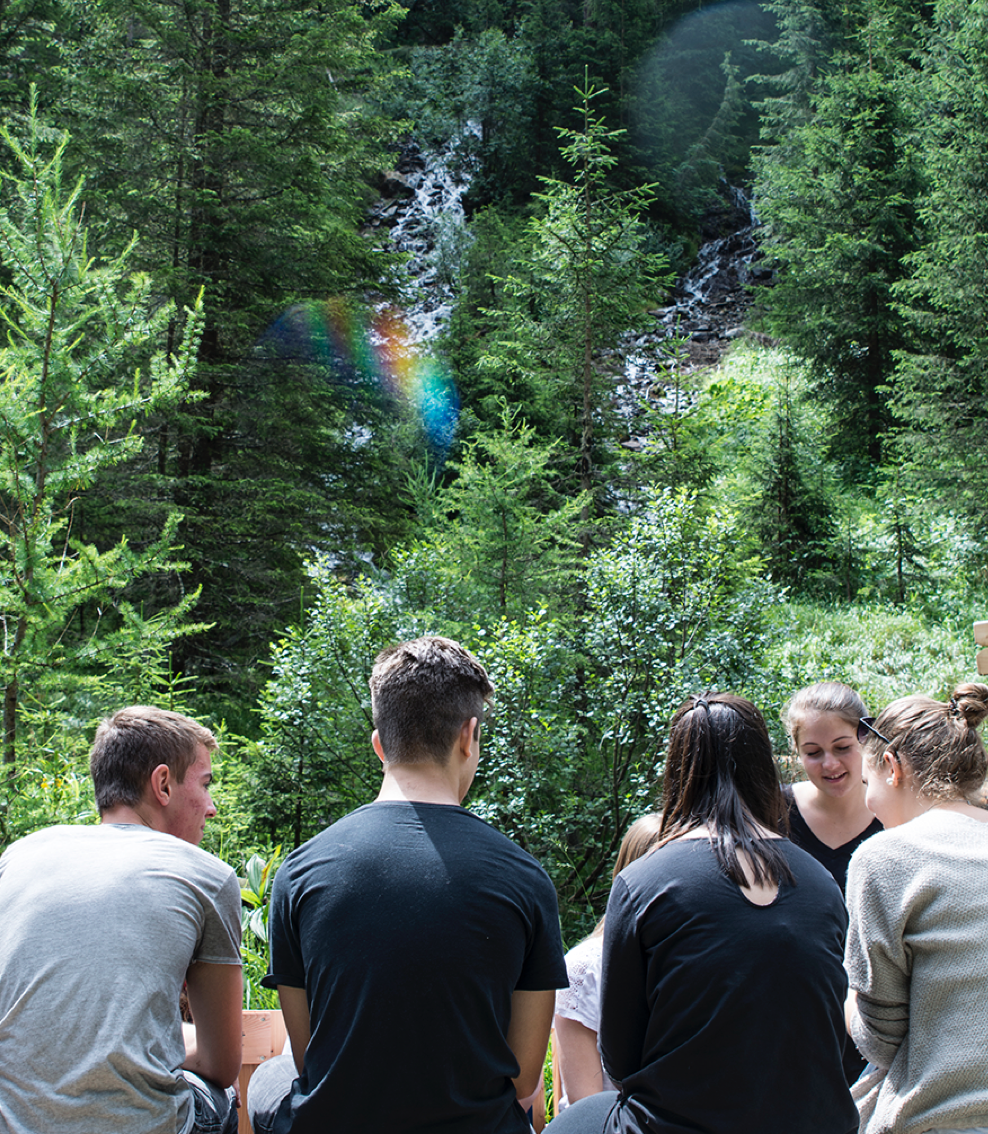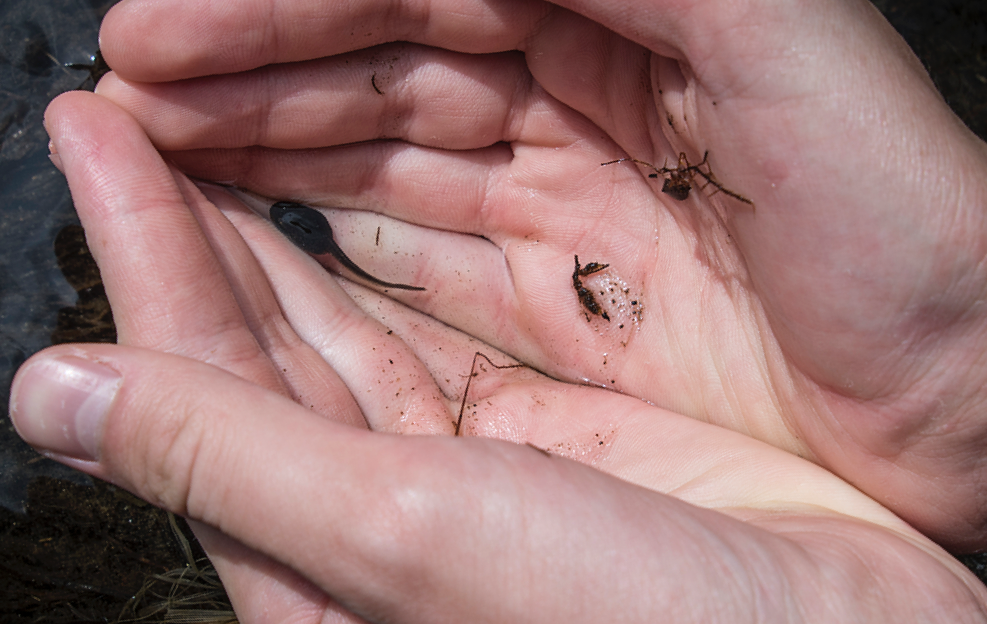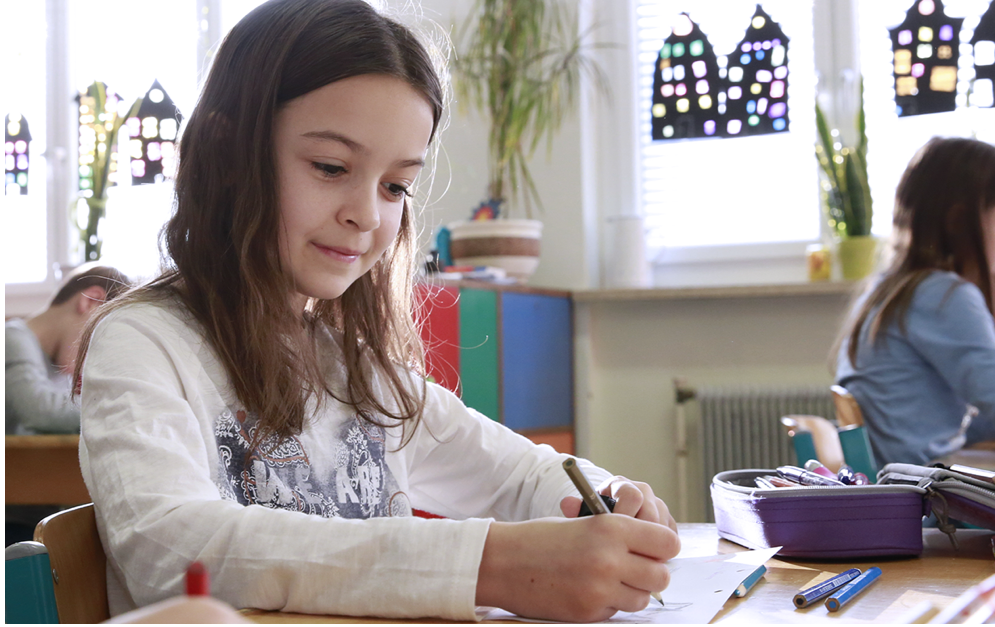The pilot program in Austria began in 2000 with the objective of teaching children about the importance of water in their own lives, as well as how lack of access to water effects a significant percentage of people in other areas of the world.
By producing imaginative and motivating teaching materials and training teachers, the program seeks to reach children through their minds, hearts, and hands. Swarovski Waterschool Austria encourages children to become stewards of the environment and ambassadors of change through influencing their families and communities to care for water resources; it also involves communities and stimulates public participation.






